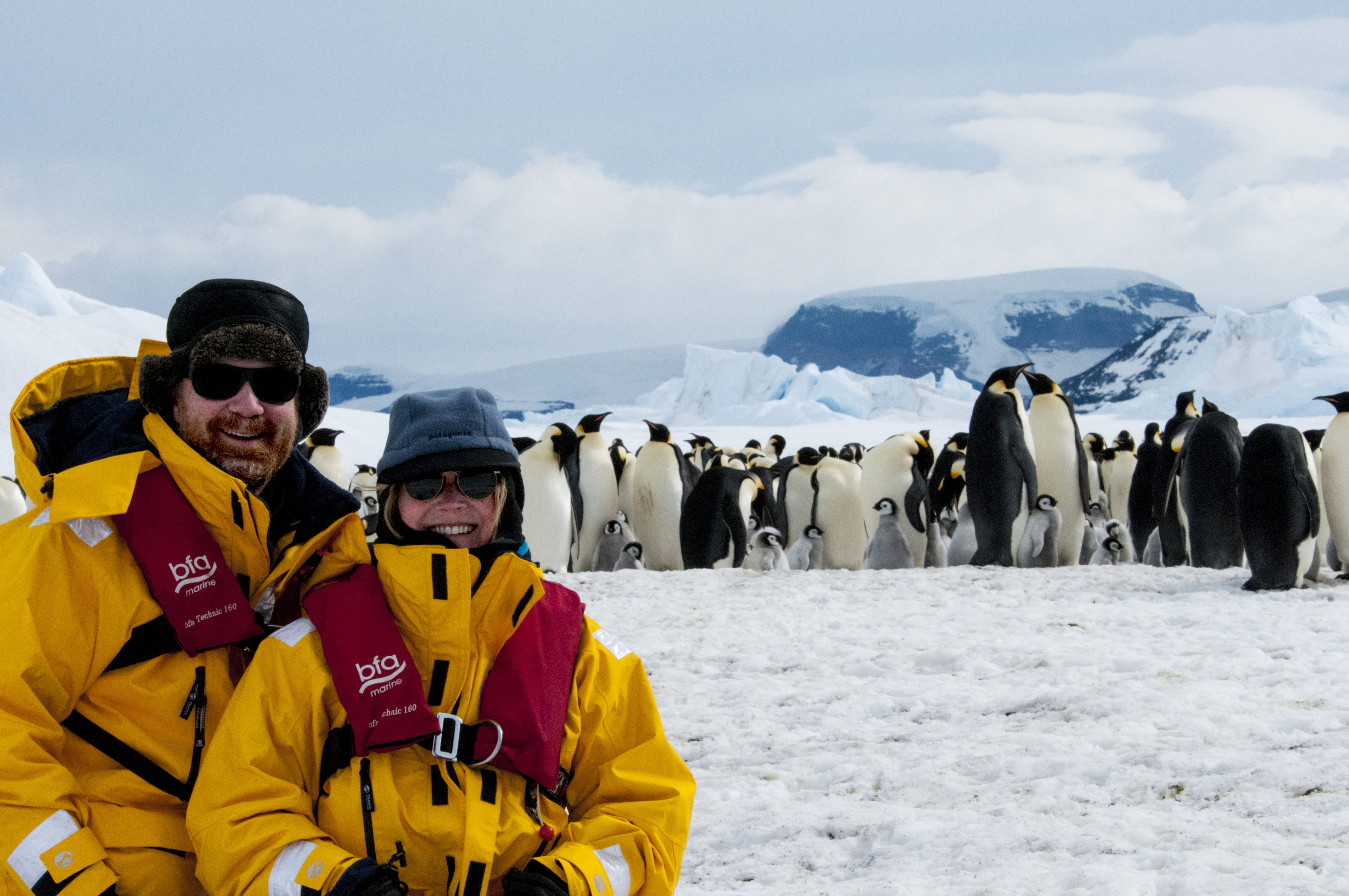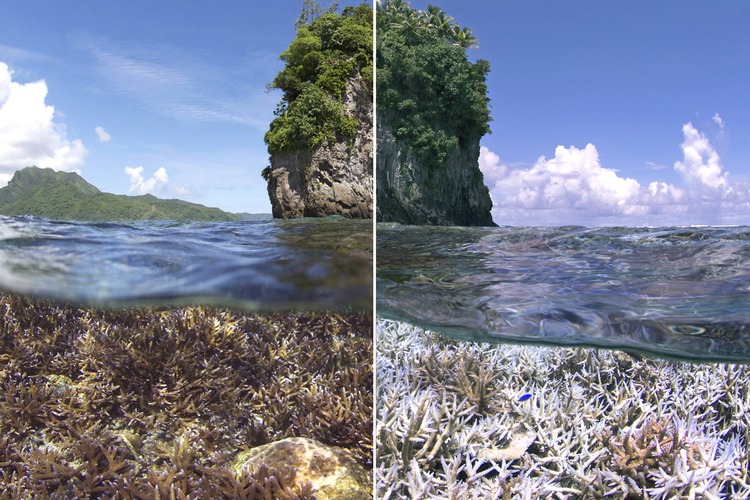Bringing the Impact of Climate Change to a Theater Near You
-
-
Slice of MIT
Filed Under
Recommended

A glacier the size of lower Manhattan tumbled into the ocean as audiences looked on in the 2012 Emmy award–winning documentary Chasing Ice, which chronicled our planet’s changing climate through the lens of National Geographic photographer James Balog. After viewing the film at the Seattle International Film Festival, Linda Cornfield SM ’89 and her husband, David, were inspired to take action.
“The film struck a perfect balance between the facts of climate change and also getting emotion into the story—it talks about the science, but it also leaves audiences space to connect with and to feel emotion about these vanishing landscapes,” says Cornfield. When the couple learned that the film did not have distribution and might not be brought to theaters, despite its success at many notable film festivals, they decided to get involved. “We were able to step up and become executive producers, which helped to fund things like the theatrical distribution of the movie.”
This was just the beginning for them. Cornfield and her husband also became executive producers for Chasing Coral—directed by Chasing Ice’s Jeff Orlowski—which documents coral bleaching. Caused by the rise of ocean temperatures, bleaching results when coral animals expel the symbiotic algae that lives inside their tissues. Lacking the nourishment from this algae for sustained periods, most coral die. Since about 25 percent of marine life depends on coral reefs, this can cause the collapse of an entire ecosystem.

After only a two-degree Celsius increase in water temperature, a bleaching incident stressed this coral beyond repair (right). Image: Chasing Coral.
“The issue of climate change is not going to be fixed by a movie,” Cornfield says, “but I like to think that film can be part of changing the minds of consumers, voters, and potentially, policy-makers.” The Cornfields have worked with the filmmakers to develop strategies for converting audience responses into action, often by partnering locally with groups that can share tips and information following screenings.
“A call to action after the movie can be to write to your local legislator or public utilities commissioner,” explains Cornfield. “The issues differ based on where you are in the country, which is why we like to partner with local organizations.”
Cornfield says her passion for environmental issues was first sparked during her time at MIT, when she attended a lecture on climate change delivered during Independent Activities Period by Professor Ron Prinn ScD ’71 (now TEPCO Professor of Atmospheric Science at MIT and director for the MIT Center for Global Change Science). While earning her master’s degree at MIT Sloan, she interned at Microsoft in Seattle and discovered a love of nature that prompted her to relocate and join the tech company full time after graduation. She worked at Microsoft for five years as a program manager, while spending her free time discovering the Pacific Northwest in all its glory. She backpacked, kayaked, and explored the untrampled and ancient ecosystems of the old growth forests.
On a 2007 trip with the (former) MIT Alumni Travel Program to the Russian Arctic, Cornfield heard Prinn speak again and was moved to become a more active environmentalist by getting involved with local conservation organizations. “We were able to get an update on climate change and how it was affecting ecosystems, animals, and people,” she recalls of the MIT trip. “We realized how urgent the problem had become. When we got back from that trip, we realized that we really wanted to do something about it.”
Cornfield and her husband are also executive producers of Dark Money, about campaign finance, and Won’t You Be My Neighbor, a film about the ideas of TV personality Fred Rogers—as well as additional climate-related films like The Human Element, another film featuring the work of James Balog, and Inventing Tomorrow, a film showcasing teenagers tackling the world’s environmental threats. “When we realized how powerful movies could be, we started to branch out a little bit, thinking about how to encourage more civility in public discourse.”
Although the Cornfields have traveled to Antarctica and other places widely associated with the consequences of climate change, “We tend to see issues of climate change pretty much everywhere we go,” she says. The couple’s travels have included several additional expeditions with the MIT Alumni Travel program, including three to view solar eclipses in Egypt, Mongolia, and Japan. Their next trip? A return to campus for MIT Tech Reunions. “I try to come back every five years,” says Cornfield, who adds that she is eager to attend this year’s Tech Day Program on the topic of climate change, “as well as at least one sustainability panel at Sloan. I’m really looking forward to that.”
When Tech Reunions happen June 7–9, will you be there too? See who else is coming, and register today.
Onsite registration is available after online registration closes on May 15.
Photo (top): David and Linda Cornfield in Antarctica in 2010.








